TERTULLIAN (160–220)
 § “Christ, in disarming Peter, disarmed every soldier.”
§ “Christ, in disarming Peter, disarmed every soldier.”
§ “Shall we carry a flag? It is a rival to Christ.”
§ “It is absolutely forbidden to repay evil with evil.”
§ “Only without the sword can the Christian wage war: the Lord has abolished the sword.”
§ “How will a Christian engage in war (indeed, how will a Christian even engage in military service during peacetime) without the sword, which the Lord has taken away?”
§ “Shall it be held lawful to make an occupation of the sword, when the Lord proclaims that he who uses the sword shall perish by the sword? And shall the son of peace take part in the battle when it does not become him even to sue at law?”
ST. JOHN CHRYSOSTOM (347–407)
§ “I am a Christian. He who answers thus has declared everything at once—his country, profession, family; the believer belongs to no city on earth but to the heavenly Jerusalem.”
JUSTIN THE MARTYR (100–165)
§ “We ourselves were well conversant with war, murder and everything evil, but all of us throughout the whole wide earth have traded in our weapons of war. We have exchanged our swords for plowshares, our spears for farm tools…now we cultivate the fear of God, justice, kindness, faith, and the expectation of the future given us through the Crucified One.”
§ “We who formerly hated and murdered one another now live together and share the same table. We pray for our enemies and try to win those who hate us.”
§ “God called Abraham and commanded him to go out from the country where he was living. With this call God has roused us all, and now we have left the state. We have renounced all the things the world offers. . . . The gods of the nations are demons.”
ARNOBIUS OF SICCA (died c. 330)
§ "For since we, a numerous band of men as we are, have learned from His teaching and His laws that evil ought not to be requited with evil—that it is better to suffer wrong than to inflict it—that we should shed our own blood than stain our hands and consciences with that of another, an ungrateful world is now for a long period enjoying a benefit from Christ . . ."
IRENAEUS (c. 180)
§ “Christians have changed their swords and their lances into instruments of peace, and they know not now how to fight.”
MARCELLUS OF TANGIER (spoken as he left the army of Emperor Diocletian in 298)
§ ““I threw down my arms for it was not seemly that a Christian man, who renders military service to the Lord Christ, should render it by earthly injuries.” “It is not lawful for a Christian to bear arms for any earthly consideration.”
THEOPHILUS OF ANTIOCH (died c. 185)
§ “Say to those that hate and curse you, You are our brothers!”
 MARTIN OF TOURS (315–397)
MARTIN OF TOURS (315–397)
§ “Hitherto I have served you as a soldier; allow me now to become a soldier to God. Let the man who is to serve you receive your donative. I am a soldier of Christ; it is not permissible for me to fight.”
ATHANASIUS OF ALEXANDRIA (293–373)
§ “Christians, instead of arming themselves with swords, extend their hands in prayer.”
CLEMENT OF ALEXANDRIA (150–214)
§ “Above all Christians are not allowed to correct by violence sinful wrongdoings.”
§ The Christian poor are “an army without weapons, without war, without bloodshed, without anger, without defilement.”
§ “We Christians are a peaceful race . . . for it is not in war, but in peace, that we are trained.”
HIPPOLYTUS (170–236)
§ “The professions and trades of those who are going to be accepted into the community must be examined. . . . . A military constable must be forbidden to kill, neither may he swear; if he is not willing to follow these instructions, he must be rejected. A proconsul or magistrate who wears the purple and governs by the sword shall give it up or be rejected. Anyone taking or already baptized who wants to become a soldier shall be sent away, for he has despised God.”
§ “A person who has accepted the power of killing, or a soldier, may never be received [into the church] at all.”
TATIAN OF ASSYRIA (died c. 185)
§ “I do not wish to be a ruler. I do not strive for wealth. I refuse offices connected with military command.”
ORIGEN (185–254)
§ “You cannot demand military service of Christians any more than you can of priests. We do not go forth as soldiers with the Emperor even if he demands this.”
§ “We have become sons of peace for the sake of Jesus, who is our leader.”
§ “To those who ask us whence we have come or whom we have for a leader, we say that we have come in accordance with the counsels of Jesus to cut down our warlike and arrogant swords of argument into ploughshares, and we convert into sickles the spears we of Alexandria. For we no longer take ‘sword against a nation,’ nor do we learn ‘any 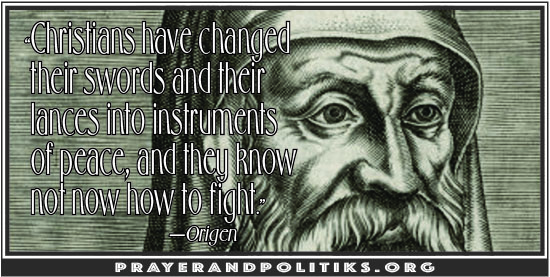 more to make war,’ having become sons of peace for the sake of Jesus, who is our leader, instead of following the ancestral customs in which we were strangers to the covenants.”
more to make war,’ having become sons of peace for the sake of Jesus, who is our leader, instead of following the ancestral customs in which we were strangers to the covenants.”
THE 2ND EPISTLE OF CLEMENT (anonymous author c. 95–140)
§ “For the Gentiles, hearing from our mouth the words of God, are impressed by their beauty and greatness: then, learning that our works are not worthy of the things we say, they turn to railing, saying that it is some deceitful tale. For when they hear from us that God says: ‘No thanks will be due to you, if ye love only those who love you; but thanks will be due to you, if ye love your enemies and those that hate you’—when they hear this, they are impressed by the overplus of goodness: but when they see that we do not love, not only those who hate us, but even those who love us, they laugh at us, and the Name is blasphemed.”
EPISTLE OF MATHETES TO DIOGNETUS (late 2nd Century)
§ Christians “love all people, and are persecuted by all; . . . they are reviled, and they bless; they are insulted, and are respectful.”
ARISTIDES OF ATHENS (c. 137)
§ “It is the Christians, O Emperor, who have sought and found the truth, for they acknowledge God. . . . They show love to their neighbors. They do not do to another what they would not wish to have done to themselves. They speak gently to those who oppress them, and in this way they make them their friends. It has become their passion to do good to their enemies. . . . This, O Emperor, is the rule of life of the Christians, and this is their manner of life.”
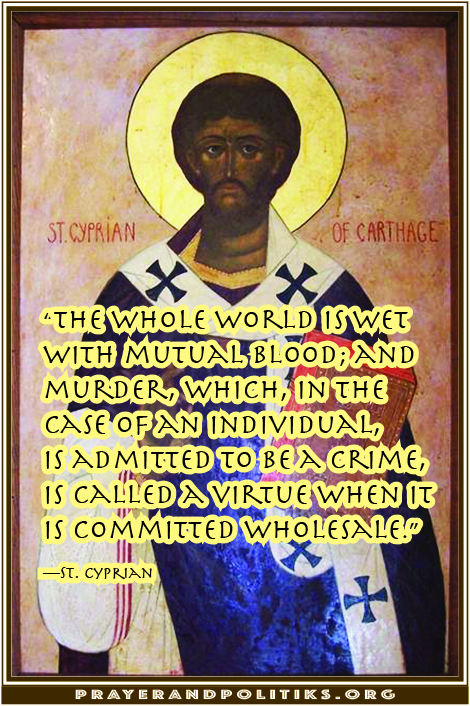 ST. CYPRIAN, BISHOP OF CARTHAGE (died c. 258)
ST. CYPRIAN, BISHOP OF CARTHAGE (died c. 258)
§ “The whole world is wet with mutual blood; and murder, which, in the case of an individual, is admitted to be a crime, is called a virtue when it is committed wholesale.”
§ “[Christians] are not allowed to kill, but they must be ready to be put to death themselves . . . it is not permitted the guiltless to put even the guilty to death.”
§ “God wished iron to be used for the cultivation of the earth, and therefore it should not be used to take human life.
§ “It is the Christians, O Emperor, who have sought and found the truth, for they acknowledge God. . . . They show love to their neighbors. They do not do to another what they would not wish to have done to themselves. They speak gently to those who oppress them, and in this way they make them their friends. It has become their passion to do good to their enemies. . . . This, O Emperor, is the rule of life of the Christians, and this is their manner of life.”
ATHENAGORAS (133–190)
§ “We Christians cannot endure to see a man being put to death, even justly.”
SPERATUS (martyred 180)
§ “I recognize no empire of this present age.”
LACTANTIUS, instructor of Constantine’s son (240–320)
§ “For when God forbids us to kill, he not only prohibits us from open violence, which is not even allowed by the public laws, but he warns us against the commission of those beings which are esteemed lawful among men. . . . Therefore, with regard to this precept of God, there ought to be no exception at all, but that it is always unlawful to put to death a man, whom God willed to be a sacred animal.”
THE TESTAMENT OF OUR LORD (anonymous author, 4th or 5th Century)
§ “If anyone be a soldier or in authority, let him be taught not to oppress or to kill or to rob, or to be angry or to rage and afflict anyone. But let those rations suffice him which are given to him. But if they wish to be baptized in the Lord, let them cease from military serv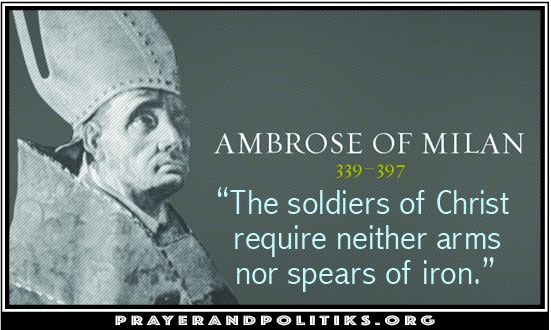 ice or from the [post of] authority, and if not let them not be received. Let a catechumen or a believer of the people, if he desire to be a soldier, either cease from his intention, or if not let him be rejected. For he hath despised God by his thought, and leaving the things of the Spirit, he hath perfected himself in the flesh and hath treated the faith with contempt.”
ice or from the [post of] authority, and if not let them not be received. Let a catechumen or a believer of the people, if he desire to be a soldier, either cease from his intention, or if not let him be rejected. For he hath despised God by his thought, and leaving the things of the Spirit, he hath perfected himself in the flesh and hath treated the faith with contempt.”
AMBROSE (338-397)
§ “The soldiers of Christ require neither arms nor spears of iron.”
§ “The servants of God do not rely for their protection on material defenses but on the divine Providence.”
THE DIDACHE (also known as The Teachings of the 12 Apostles, is an early Christian document written c. 80–90)
§ “This is the way of life: first, thou shalt love the God who made thee, secondly, thy neighbor as thyself: and all things whatsoever thou wouldest not should happen to thee, do not thou to another. The teaching of these words is this: Bless those who curse you, and pray for your enemies, and fast on behalf of those who persecute you: for what thanks will be due to you, if ye love only those who love you? Do not the Gentiles also do the same? But love ye those who hate you, and ye shall not have an enemy.”
# # #


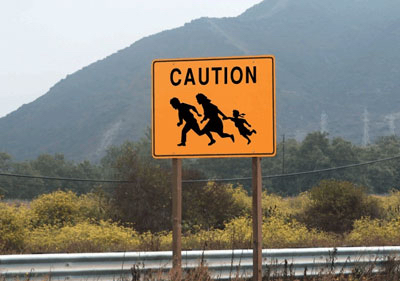 expertise when it comes to shaping specific policies. For that we need to come to the table with other people of faith and conscience to forge workable policy options that take into consideration what has happened in the past and what is happening now as leverage for what could happen in the future.
expertise when it comes to shaping specific policies. For that we need to come to the table with other people of faith and conscience to forge workable policy options that take into consideration what has happened in the past and what is happening now as leverage for what could happen in the future.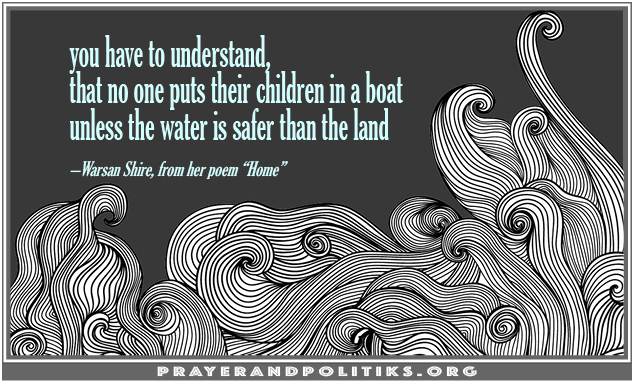 attention that God commands on their behalf. In Scripture the commonly used words are “strangers” and “aliens.”
attention that God commands on their behalf. In Scripture the commonly used words are “strangers” and “aliens.”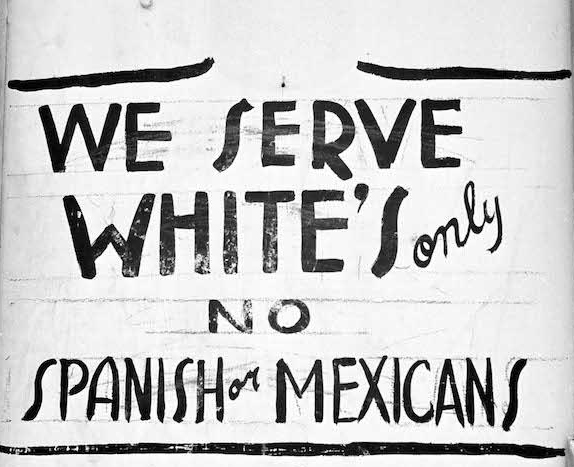 the buying and selling of slaves. Nor were Egyptian slaves primarily like “indentured servants” who worked for a period of time as servants to pay off a debt. Maybe the closest analogy is that slaves in Egypt were something like serfs in medieval Europe: a more or less permanent underclass who, merely because of the accident of birth and family history, were destined by economic and social sanctions to live at the very edge of material existence. Rulers’ domination was by divine right—much the way, currently, the “free hand of the market” is considered self-evident and unassailable. (Whether theistic or not, “God made it that way.”)
the buying and selling of slaves. Nor were Egyptian slaves primarily like “indentured servants” who worked for a period of time as servants to pay off a debt. Maybe the closest analogy is that slaves in Egypt were something like serfs in medieval Europe: a more or less permanent underclass who, merely because of the accident of birth and family history, were destined by economic and social sanctions to live at the very edge of material existence. Rulers’ domination was by divine right—much the way, currently, the “free hand of the market” is considered self-evident and unassailable. (Whether theistic or not, “God made it that way.”) court. He became an insider. Recall how the text reads when his brothers come begging: “[The household servants] served [Joseph] by himself, and [his brothers] by themselves, because the Egyptians might not eat bread with the Hebrews, for that is an abomination to the Egyptians” (Gen. 43:32). Joseph had been co-opted, had become a part of the power elite. We know about that, don’t we?
court. He became an insider. Recall how the text reads when his brothers come begging: “[The household servants] served [Joseph] by himself, and [his brothers] by themselves, because the Egyptians might not eat bread with the Hebrews, for that is an abomination to the Egyptians” (Gen. 43:32). Joseph had been co-opted, had become a part of the power elite. We know about that, don’t we?
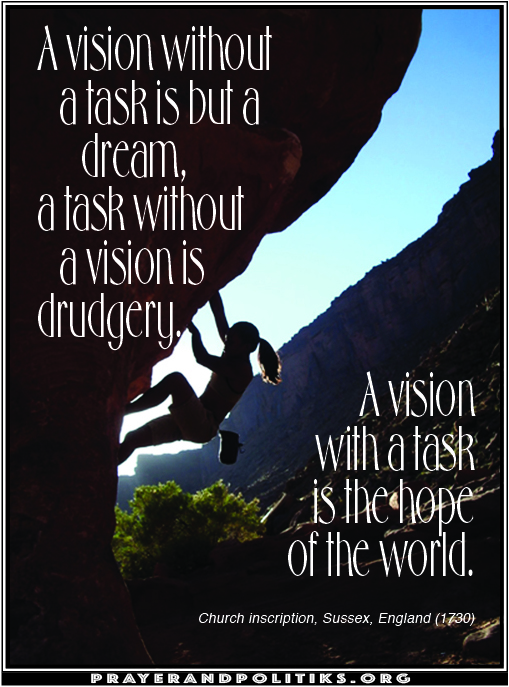 implementation of that imaginative scenario was done at Mt. Sinai. . . . Moses’ difficult work at Sinai is to transform the narrative vision of the Exodus into a sustainable social practice that has institutional staying-power, credibility, and authority. ~Walter Brueggemann
implementation of that imaginative scenario was done at Mt. Sinai. . . . Moses’ difficult work at Sinai is to transform the narrative vision of the Exodus into a sustainable social practice that has institutional staying-power, credibility, and authority. ~Walter Brueggemann and our character. Therefore, it behooves us to be careful what we worship, for what we are worshiping we are becoming. ~Ralph Waldo Emerson
and our character. Therefore, it behooves us to be careful what we worship, for what we are worshiping we are becoming. ~Ralph Waldo Emerson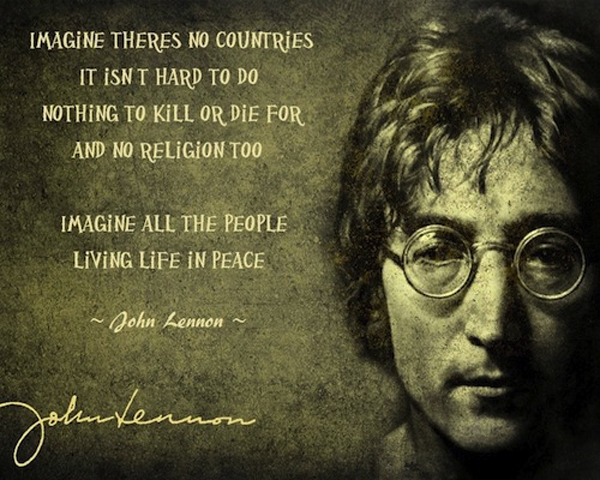 untouched, so congregations can take the meal without raising questions of violence; the outcome is a “colonized imagination” that is drained of dangerous hope. ~Walter Brueggemann
untouched, so congregations can take the meal without raising questions of violence; the outcome is a “colonized imagination” that is drained of dangerous hope. ~Walter Brueggemann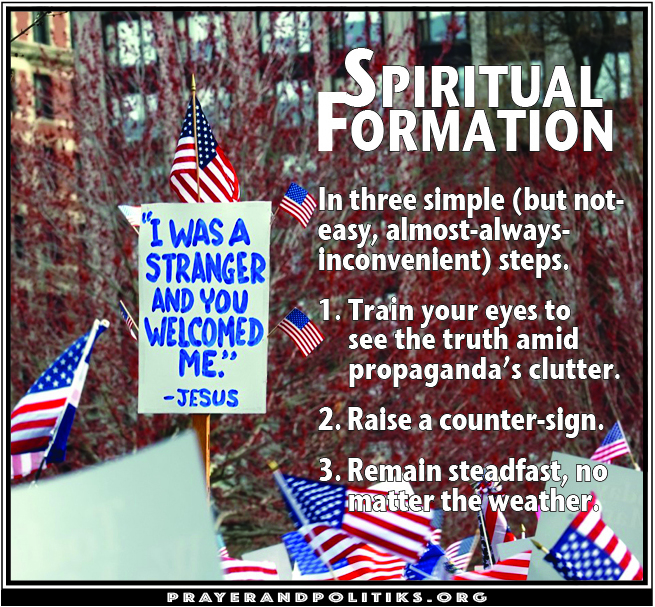 end of safety, and at such a moment, unable to see and not daring to imagine what the future will bring forth, one clings to what one knew, to what one possessed or dreamed that one possessed. Yet, it is only when a man is able, without bitterness or self pity, to surrender a dream he has long cherished, or a privilege he has long possessed, that he is set free—that he has set himself free—for higher dreams, for greater privileges. ~James Baldwin
end of safety, and at such a moment, unable to see and not daring to imagine what the future will bring forth, one clings to what one knew, to what one possessed or dreamed that one possessed. Yet, it is only when a man is able, without bitterness or self pity, to surrender a dream he has long cherished, or a privilege he has long possessed, that he is set free—that he has set himself free—for higher dreams, for greater privileges. ~James Baldwin ence having fun. ~George Scialabba
ence having fun. ~George Scialabba dream. ~Alexander Dubcek, hero of the Prague Spring uprising of 1968
dream. ~Alexander Dubcek, hero of the Prague Spring uprising of 1968
 dozen Latinos broke their line and encircled him. I walked closer to them, clutching my radio. Officers who could have offered assistance were inside a locked door on the other side of the building, exactly where I wanted to be at that moment. My eyes squinted as I held my gaze on the group and my finger on the radio. Genaro tapped into his anger—for him, an endless renewable energy—and he wanted others to join him.
dozen Latinos broke their line and encircled him. I walked closer to them, clutching my radio. Officers who could have offered assistance were inside a locked door on the other side of the building, exactly where I wanted to be at that moment. My eyes squinted as I held my gaze on the group and my finger on the radio. Genaro tapped into his anger—for him, an endless renewable energy—and he wanted others to join him.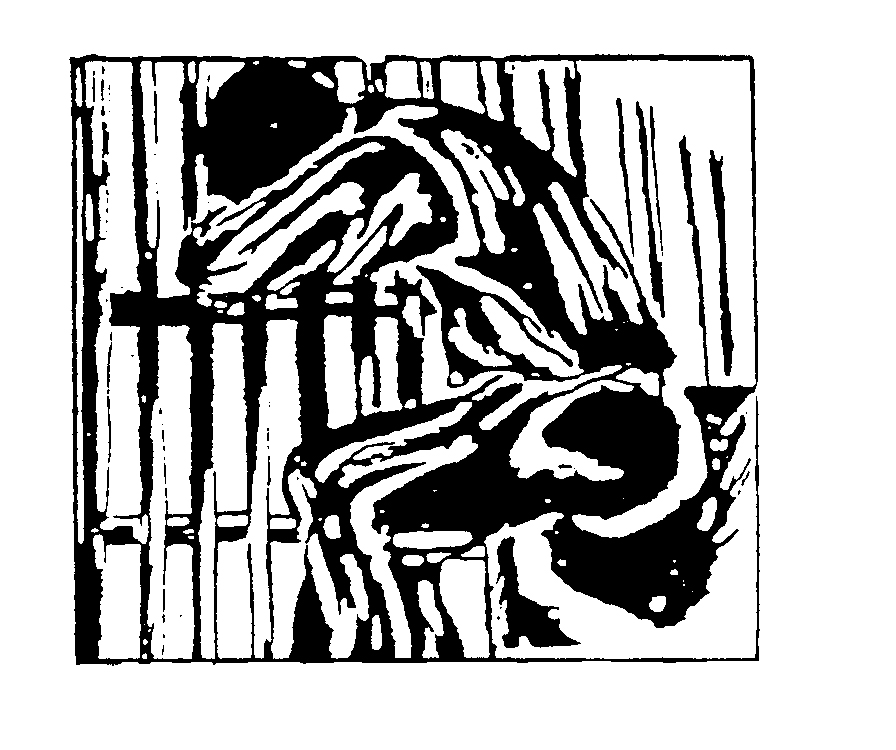 “Sí, but my parents play Beatles a lot in my house growing up. I always like them.”
“Sí, but my parents play Beatles a lot in my house growing up. I always like them.”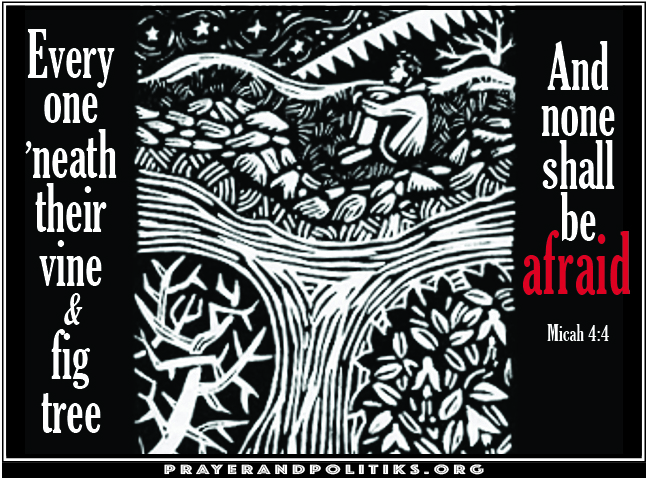 Exodus (1960), based in part on Leon Uris’ book by the same title, loosely retelling the dramatic saga of Holocaust surviving Jews attempting to reach Palestine from France after the war.
Exodus (1960), based in part on Leon Uris’ book by the same title, loosely retelling the dramatic saga of Holocaust surviving Jews attempting to reach Palestine from France after the war. permanently disabled). Sixty-six Israeli soldiers, five Israeli civilians (including one child) and one Thai civilian were killed and 469 Israeli soldiers and 261 Israeli civilians were injured (the latter by rockets fired by Hamas into southern Israel). The Gazan casualty rate was 65%-70%. (“
permanently disabled). Sixty-six Israeli soldiers, five Israeli civilians (including one child) and one Thai civilian were killed and 469 Israeli soldiers and 261 Israeli civilians were injured (the latter by rockets fired by Hamas into southern Israel). The Gazan casualty rate was 65%-70%. (“ with infamy. We have the right neither to demand this conversation nor to abandon it. We sit, always, on a moral precipice—but that is exactly the proper posture of reverence. Shared reverence is our only hope.
with infamy. We have the right neither to demand this conversation nor to abandon it. We sit, always, on a moral precipice—but that is exactly the proper posture of reverence. Shared reverence is our only hope.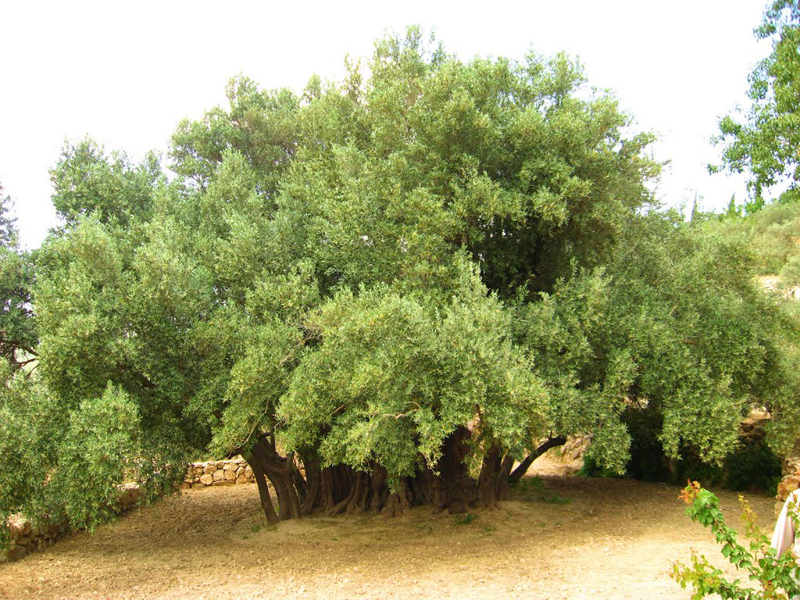
 under military occupation, / who dwell in refugee camps, / those dispersed throughout the world / still dreaming of return. / Gather them mei’arbah kanfot ha’aretz / from the four corners of the earth / that their right to return to their homes / be honored at long last.” —Rabbi Brant Rosen, “
under military occupation, / who dwell in refugee camps, / those dispersed throughout the world / still dreaming of return. / Gather them mei’arbah kanfot ha’aretz / from the four corners of the earth / that their right to return to their homes / be honored at long last.” —Rabbi Brant Rosen, “ two
two 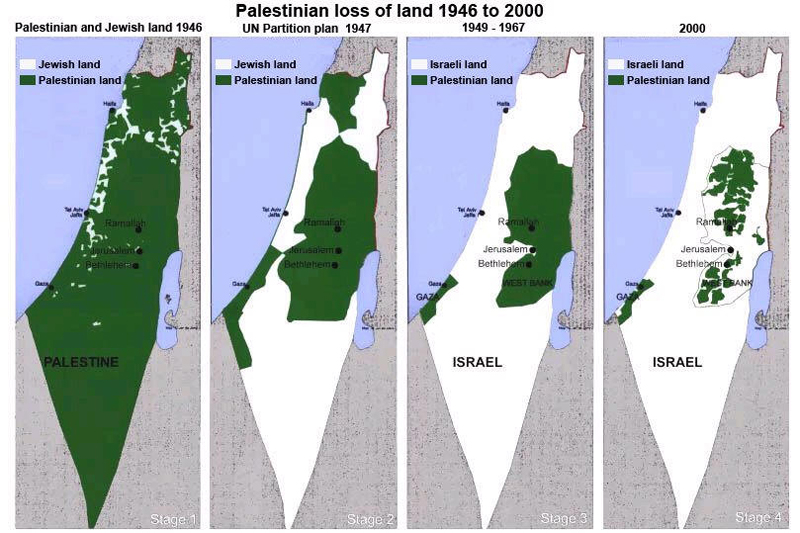
 the same pastor who, the day before, said Jews go to hell. —
the same pastor who, the day before, said Jews go to hell. — between 10,626 and 10,895 (including 3,374 children, of whom over 1,000 were left permanently disabled). 66 Israeli soldiers, 5 Israeli civilians (including one child) and one Thai civilian were killed and 469 IDF soldiers and 261 Israeli civilians were injured. More than 7,000 homes were destroyed and an additional 89,000 homes damaged. —“
between 10,626 and 10,895 (including 3,374 children, of whom over 1,000 were left permanently disabled). 66 Israeli soldiers, 5 Israeli civilians (including one child) and one Thai civilian were killed and 469 IDF soldiers and 261 Israeli civilians were injured. More than 7,000 homes were destroyed and an additional 89,000 homes damaged. —“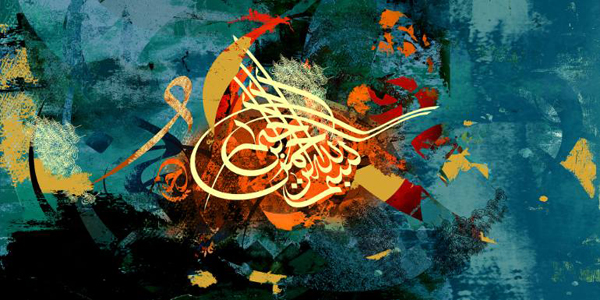 peoples has been painted by modern movies and news programs. Until that field of vision changes we will continue to be clueless in reading history and in charting a redemptive future.” —continue reading “
peoples has been painted by modern movies and news programs. Until that field of vision changes we will continue to be clueless in reading history and in charting a redemptive future.” —continue reading “